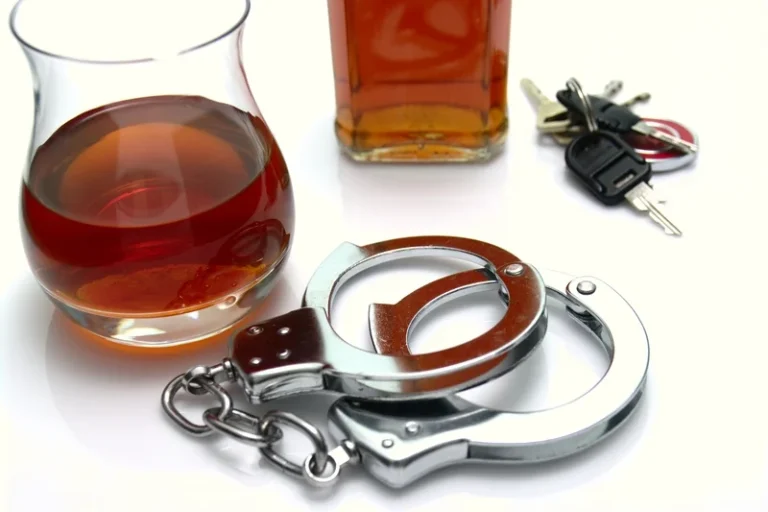
AA focuses on recovery from alcohol use and addiction, while NA caters to people struggling with drug addiction. However, both groups operate on similar principles of mutual support, anonymity, and a non-judgmental atmosphere. Since relapse often starts with the emotional and then mental aspects, it’s important to recognize your own personal responses.
- The goal of these groups is to bring together people who have gone through similar challenges and create a safe environment for personal growth and development.
- These support groups foster a sense of connection and understanding and reduce feelings of isolation and shame.
- Addictive behaviors create a difficult-to-break cycle of shame that creates further shame unless explored in a way that allows learning to take place.
- The model also details how both specific and global strategies can be used to reduce the risk of relapse.
- Proper self-care can ensure you’re happy and healthy, which makes dealing with unavoidable triggers much easier.
- Whether you are going to rehab for the first time, or have relapsed in the past, we will work with you to find the best treatment plan for you.
Identifying Support Systems and Resources
Explore new options to connect with new people who understand the struggles of addiction. When facing a relapse, it can be helpful to reinvest energy and time into support groups. If you have a sponsor, they should be one of the first people you turn to if you feel like a relapse is a possibility. Since they’ve likely been in your shoes, they may have some insight and suggestions. At Discover Recovery, we work with a wide variety of health insurance providers so those in need can get access to the treatment they need. That means you (or your loved one) won’t have to worry about covering the cost of treatment.
Abstinence Stage
Seeking professional guidance and support can significantly enhance the effectiveness of your relapse prevention plan. A qualified therapist or counselor can provide valuable insights, tools, and techniques to help you navigate potential relapse triggers and challenges. A relapse prevention plan is an essential tool for individuals in recovery to maintain their sobriety and prevent relapse. While each person’s plan will be unique to their circumstances, there are some key elements that should be included. Here is a sample template to guide you in creating your own relapse prevention plan.
Find Drug Rehabilitation Centers Near You Anywhere In the US
When repeated regularly, they can help build self-esteem, reinforce positive behaviors, and maintain a hopeful outlook. Motivational tools can provide the encouragement and inspiration needed to relapse prevention plan persevere through challenges and setbacks. This section explores various tools, including inspirational quotes, affirmations, and gratitude practices, to help you stay focused and motivated.
Outdoor group activities for relapse prevention such as hiking, camping, and walking groups promote recovery by connecting you with nature, reducing stress, and providing a sense of accomplishment. The physical exercise involved in these activities boosts mood and helps to manage anxiety and depression, which can be triggers for alcohol or drug use. Participating in a relapse prevention group activity can provide you with much needed moments of joy, relaxation, and self-care. Many group activities are enjoyable and help you to de-stress, have fun, and create positive memories linked to your recovery path. Many relapse prevention group activities focus on learning essential coping skills and communication techniques.

Relapse prevention is an umbrella term that refers to strategies that help reduce the likelihood of relapsing. Most relapse prevention strategies focus on building cognitive-behavioral skills and coping responses. You may not plan to relapse, but that doesn’t mean you’re not susceptible to one. If you’re recovering from a substance use disorder, it’s important to have a plan written out and shared https://ecosoberhouse.com/ with others, such as friends, family members, or members of your professional care team. To prevent a relapse, you will want to remove triggers, including places, people, or purchases that may bring about urges to use again. Some warning signs of a potential relapse, according to Gottlich, could include secretiveness, disengaging from treatment, and being overly arrogant about sobriety.
How to Replace Unhealthy Behaviors with Better Coping Habits

Consistent exercise can help reduce negative emotions8 and the chance of relapse. Keeping in touch with supportive friends and family can help ensure you always have a shoulder to lean on. Creating a support network with strong relationships is a foundational aspect of long-lasting recovery. Social support in recovery can reduce stress, increase self-efficacy, and motivate sobriety or remission7. Your relapse prevention plan can detail how you will connect with loved ones who supported you through the treatment process. Try your best to plan regular get-togethers with friends and family, as avoiding isolation and bolstering these relationships can make recovery easier.
The Big Guns: Evidence-Based Strategies for Keeping Relapse at Bay

Identify Triggers

Leave a Reply